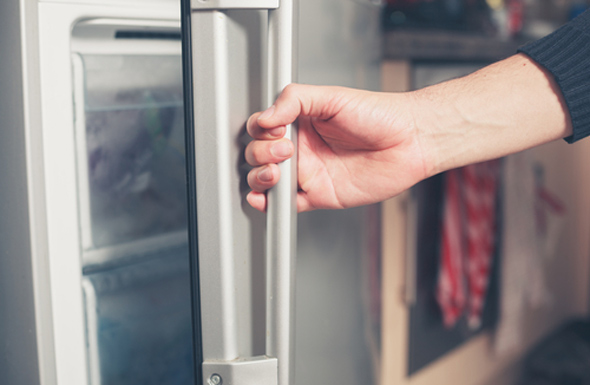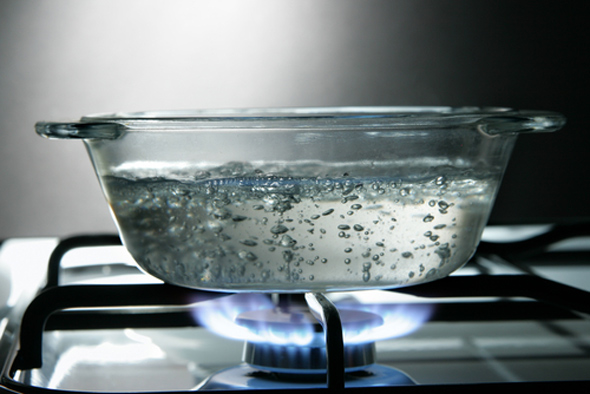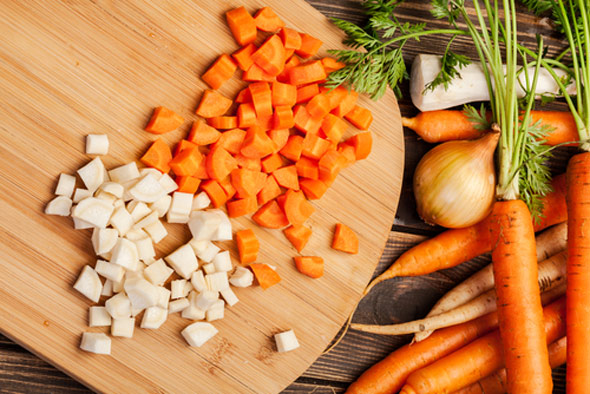10 top tips to save energy in the kitchen
We love cooking but we also love reduced energy bills!
Here’s our top 10 tips to help you save energy in the kitchen:
1. Turn off the heat a few minutes early
Turn the oven off a few minutes early, and the heat will continue to cook the food as you plate up. This also applies to the stove when boiling food (just don’t make the mistake of leaving poached eggs in hot water – they’ll quickly become hard-boiled!).
2. Dishwasher Tetris
Who likes playing Tetris with plates and bowls in the dishwasher? No one. It’s important to only run the dishwasher when full to reduce energy usage, but make sure you can get the door shut! Over stacking can prevent dishes getting clean and results in you having to wash them again, therefore using more energy and water.
3. Energy conscious globes
When it comes to changing light bulbs, why go old-school? Use energy-efficient globes, it’s the way of the future!
4. Seal the doors
Doors are used to trap the heat in an oven and the cold in a fridge or freezer. Yet many people neglect the seals, creating a sneaky escape route. How do you know if your seals are effective? Simply place a piece of paper between the door seals and the door. If the paper moves in and out easily then the seal isn’t doing its job. If adjusting the door doesn’t work, you may need to replace the seals.
5. Love your appliances
Appliances tend to use less energy than the stove, so put the kettle on and let’s have a cup of tea.
6. Defrost before cooking
Plan ahead and put your frozen food in the fridge to defrost, reducing the energy used by your microwave or oven.
7. Dry your dishes the old-fashioned way
Forget about using the dry cycle, just open the dishwasher door and let your plates air-dry.
8. Choose your burner
It may seem insignificant, but using a burner that is too large for your pan can waste a lot of energy. If you are restricted by the number of burners (maybe your household likes to cook separately), turn down the flame so that it does not escape around the edges.
9. Water waste
Do you really need to fill your saucepan or kettle to the top? Use the minimum amount of water when boiling food or preparing that cup of tea. The more water you use, the more energy is required to bring water to the boil. If you only need one cup of water, measure it out using a cup and add just a little extra due to evaporation or spillage.
10. Portion control
No, we’re not saying you should go on a diet…
Chop your vegetables into smaller pieces when boiling to reduce cooking time. Simple but effective, especially when you have a hungry family waiting.
There are heaps of ways to save energy in the home that can be incorporated into your daily life without any hassle. Not only are you being kind to the environment, you’ll also save money on your energy bills. It’s a win-win!


